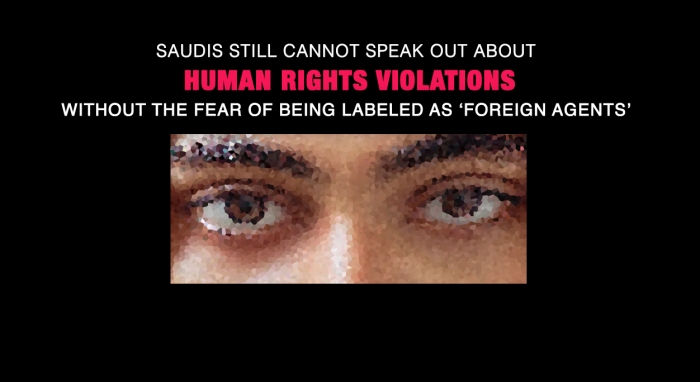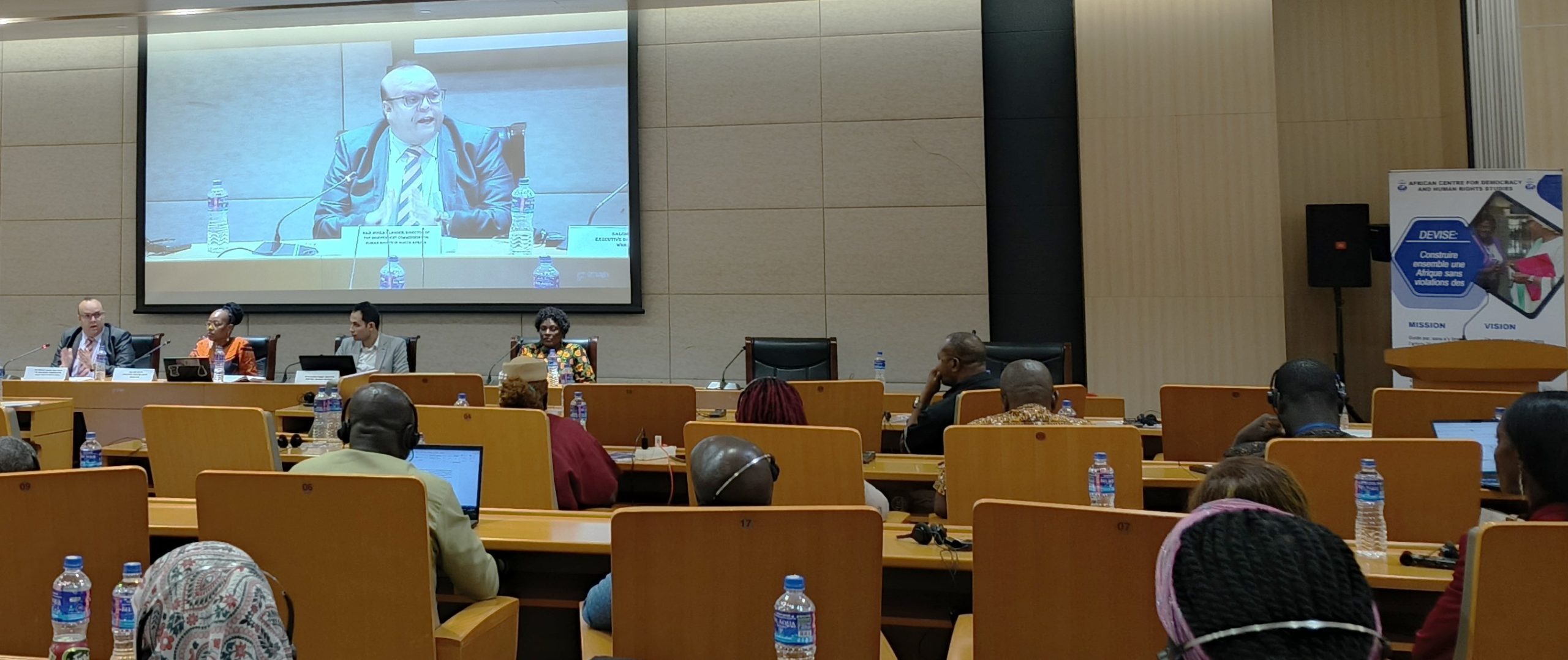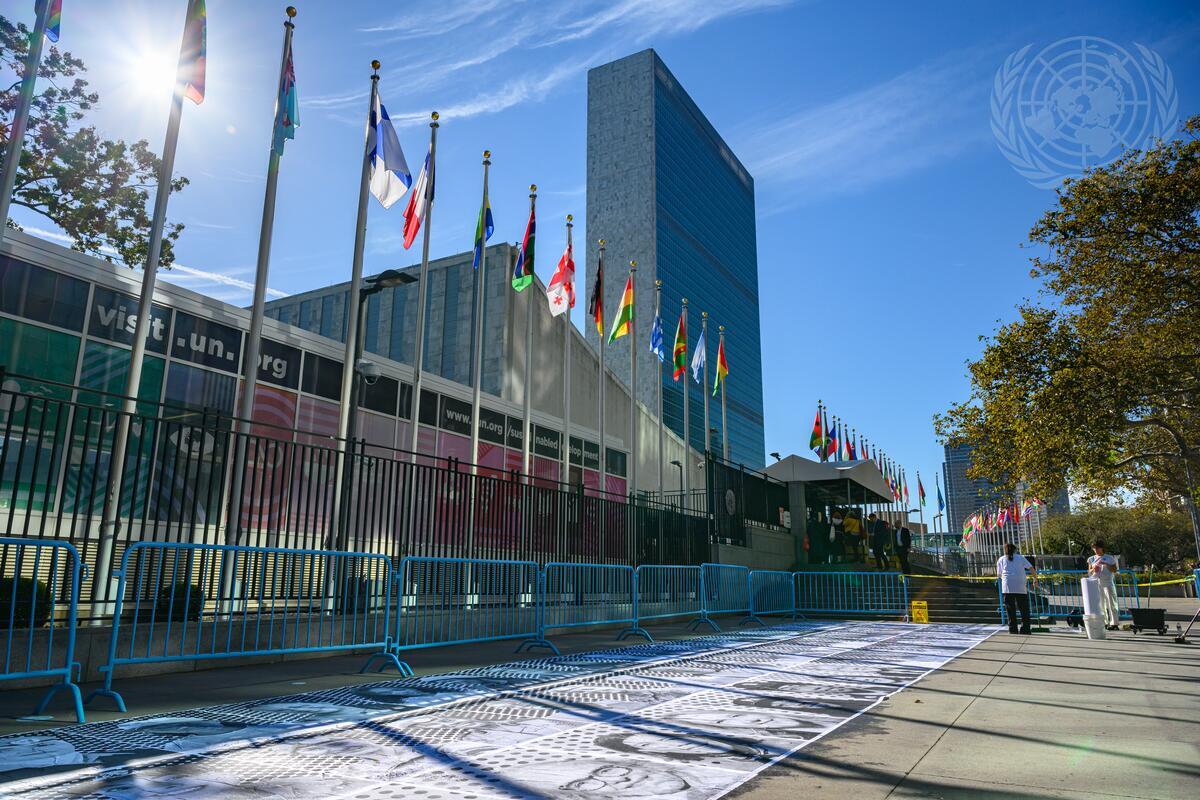Update: On 28 March 2019, the Saudi authorities provisionally released two women human rights defenders: Aziza Al-Yousef and Eman Al-Nafjan, as well as academic Dr. Ruqayyaa al-Mhareb. Al Yousef and Al-Nafjan were arrested in mid-May 2018 during the crackdown against women’s rights activists. Al-Mhareb was arrested in September 2017 during the crackdown against Islamist figures. On 2 May 2019, five women human rights defenders – Hatoon Al-Fassi, Amal Al-Harbi, Maysaa al-Manea, and Abeer Namankani- were provisionally released. Al-Qst has confirmed that Shadan Al-Anezi was also released on 2 May. On 10 February 2021, it was reported that Loujain Al-Hathloul, and Nouf Abdulaziz have been released conditionally from prison.
During the interactive dialogue held today with the UN High Commissioner at the Human Rights Council, 36 States*, led by Iceland, called on Saudi Arabia to release women human rights defenders who are detained for exercising their fundamental freedoms. States also condemned the killing of journalist Jamal Khashoggi and demanded that those responsible be held accountable.
Salma El Hosseiny, ISHR’s Human Rights Council Advocate said that this was the first time ever that States at the Council collectively condemned human rights violations committed inside Saudi Arabia, a country that has until now escaped Council scrutiny despite being a Council member with an appalling human rights record.
The joint statement called for the release of Loujain Al-Hathloul, Aziza Al-Yousef, Eman Al-Nafjan, Nouf Abdelaziz, Hatoon Al-Fassi, Samar Badawi, Nassima Al-Sadah, Mohammed Al-Bajadi, Amal Al-Harbi and Shadan Al-Anezi. Some of the women have been subject to electrocution, flogging, sexual harassment and other forms of torture.
‘These women human rights defenders are detained only because they fought for their right to exist equally as men, in their country’, said El Hosseiny.
Saudi Arabia has silenced women human rights defenders for decades and those named above are not the only ones in prison, they are just emblematic cases. The decision by the Saudi government to allow women to drive is only a cosmetic change that fails to address the root causes of discrimination against women: the male guardianship system.
‘The Saudi authorities, as Council members, now have an opportunity to engage constructively with the Council and immediately release the defenders. States should follow up on the joint statement by presenting a resolution at the June session if inadequate progress has been made’, said El Hosseiny.
ISHR and its partners, members of the Free Saudi Women Coalition – including Women’s March Global, the Gulf Centre for Human Rights, CIVICUS, Equality Now, MENA Women Human Rights Defenders Coalition and Americans for Democracy & Human Rights in Bahrain – have been advocating for the immediate and unconditional release of Saudi women human rights defenders.
Ahead of the 40th session of the Council, over 50 NGOs called on UN Member States to adopt a resolution at the Council calling explicitly for the immediate and unconditional release of the detained Saudi women human rights defenders and establishing a monitoring mechanism over the human rights violations in the country.
‘We welcome the principled leadership shown by Iceland and others in presenting this landmark statement, and regret that States such as Switzerland prioritised political expediency and profit over their purported commitment to human rights defenders and an effective Human Rights Council – and failed to join,’ said El Hosseiny.
* The States who signed the joint statement are: Iceland, Canada, Australia, New Zealand, Austria, Belgium, Lithuania, Luxembourg, Netherlands, Portugal, Finland, Germany, Slovenia, Spain, Sweden, the United Kingdom, Ireland, Estonia, Czech Republic, Croatia, Denmark, Norway, Latvia, Montenegro, Malta, Slovakia, Liechtenstein, Italy, Bulgaria, France, Romania, Greece, Cyprus, Hungary, Poland, and Monaco.
Read the joint statement here.




